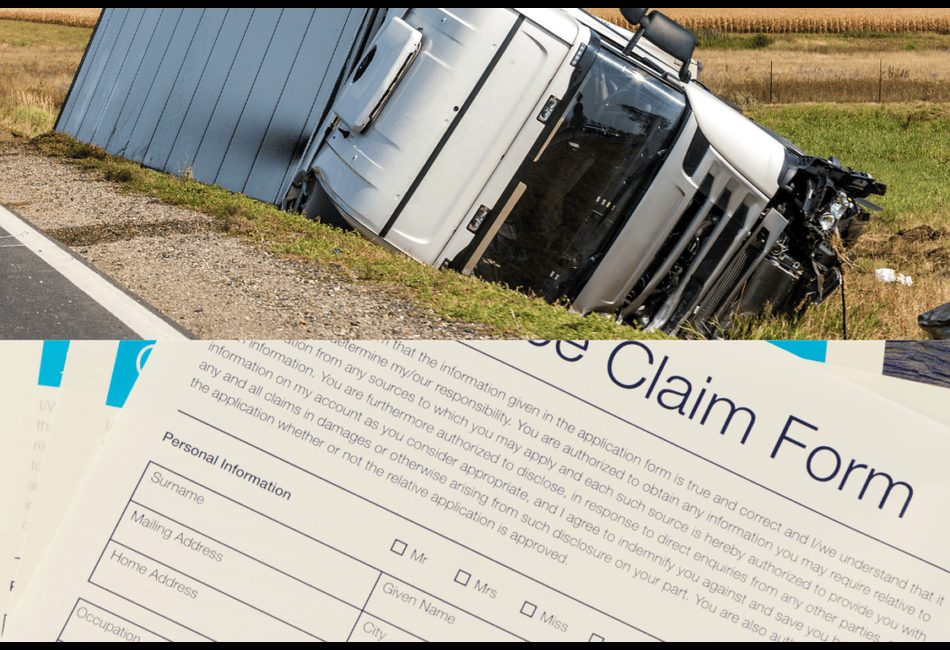Sometimes, the hardest part of fighting for fair compensation with truck accident claims is working with uncooperative witnesses to collect evidence. There might be a lack of cooperation from witnesses for a variety of reasons and evidence may often be hard to obtain or impossible to maintain.
When witnesses are uncooperative, it is helpful to approach them respectfully and explain how vital their testimony is to establish the facts of the accident. Sometimes, witnesses may not realize their observations on the case.
If direct cooperation is not possible, alternative evidence sources such as traffic camera footage, dashcam videos, or physical evidence from the accident scene can be crucial. In such situations, it is wise to contact a truck accident lawyer who can guide you through the process and use legal tools like subpoenas to compel testimony if necessary.
Understanding Why Witnesses May Be Uncooperative
There may be many reasons that witnesses don’t cooperate, from fear of retribution, resistance to being bothered, or a desire to avoid the situation altogether. Understanding these issues can help us to overcome them.
It takes a talented lawyer to approach potential witness who may be cautious, but knowing that their help is crucial in a case. It may be possible, in some cases, to arrange remote testimony or other accommodations to lighten the load on recalcitrant witnesses.
Strategies for Handling Uncooperative Witnesses
You need to be patient and persistent when you are interviewing the witnesses.” Or simply approaching them in a friendly, respectful manner can help build trust that causes them to reveal what they did observe. It’s also important to conduct interviews as soon as possible after the accident to ensure the details are fresh and accurate.
When witnesses remain uncooperative, lawyers may issue subpoenas during the case’s discovery phase, legally requiring witnesses to testify. If a subpoena is not followed, legal consequences can result, often motivating cooperation.
Gathering and Preserving Evidence
Besides witness testimony, physical and documentary evidence play a vital role in truck accident claims. This includes skid marks, vehicle damage, road conditions, truck inspection records, driver qualifications, and any available video footage.
Preserving this evidence early is critical since delays can lead to loss or contamination. A photograph of the scene and relevant reports from police or emergency responders also strengthen the claim.
It is essential to record their refusal carefully, If a witness refuses to provide insurance information or other details. Writing down what was said, the person’s demeanor, and preserving damaged property or other physical evidence can support your case later.
Legal Support in Managing Difficult Witnesses and Evidence
Youll need a truck wreck attorney to help deal with reluctant witnesses and gather evidence. They understand how to work through the legal system, negotiate with insurance companies and go to trial if they need to.
It may also be necessary for lawyers to hire experts, like accident reconstructionists, to verify facts and create a compelling case. After handling thousands of cases, they know how to present evidence effectively and have a thorough understanding of what is required to prove negligence and damages.
Takeaway
To deal with these recalcitrant witnesses and refusals to produce evidence a step-by-step process is necessary. Respectful communication, proactive collection of evidence, and legal tools such as subpoenas can help to surmount challenges.
However, despite these challenges, you can make a strong truck accident claim with the right help. Knowledge of uncooperative behavior and how to deal with it will be one of the key factors influencing the results of your case.



